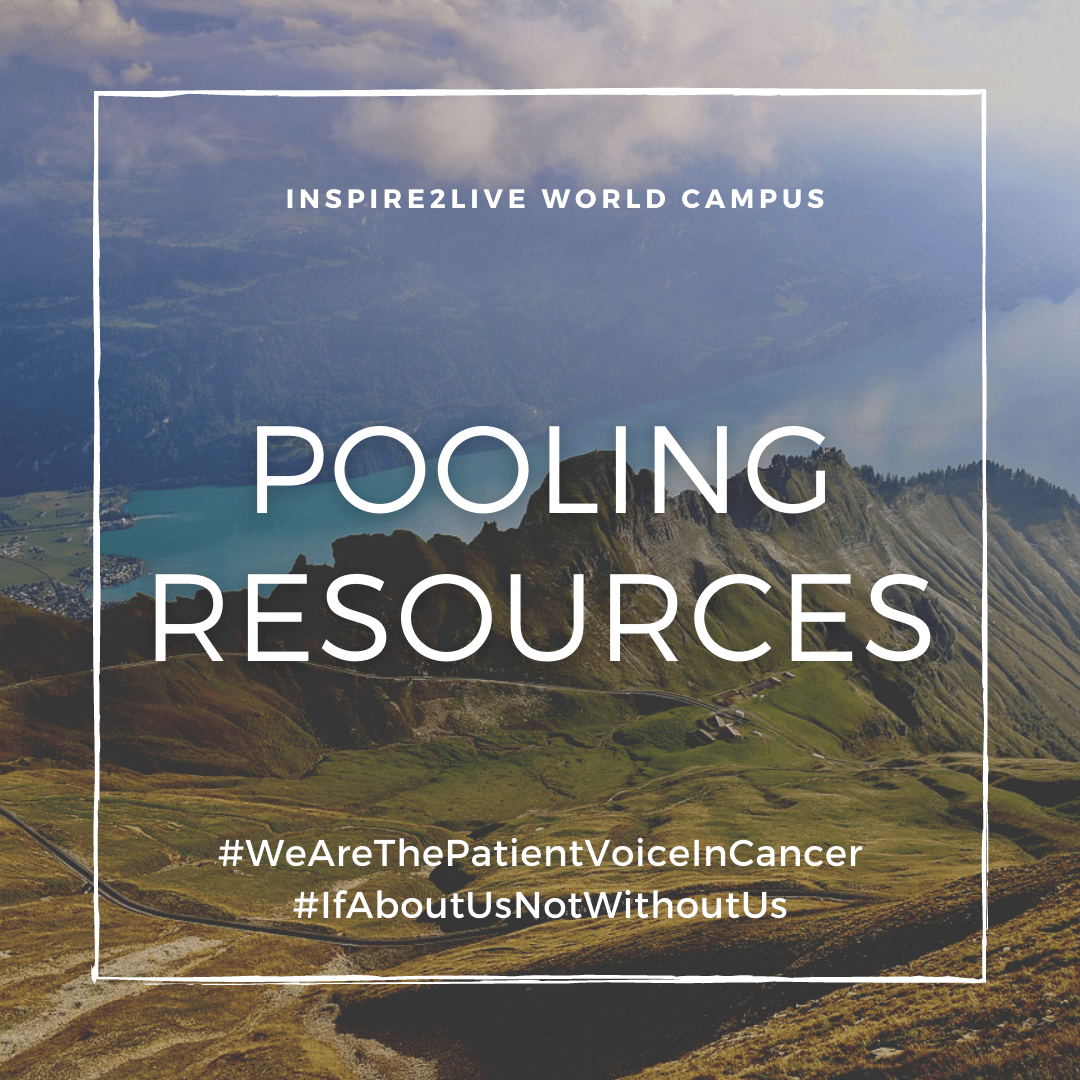The growth of the World Campus has caught many by surprise. In just a year we now have representatives in over 35 countries and more than 50 hubs and there is more to come.
Among other things, we are setting up a society of Friends of the World Campus and Inspire2Live based on things we have learned from Chris Curtis from The Swallows Head and Neck Cancer Support Charity. They set up a club of friends which is approached and asked to contribute financially when there is a new project or initiative, and we are working on a similar system.
These and other developments bring to the fore two of our most basic and delicate principles of operation, namely reciprocity and pooling resources.
I want to focus here on the pooling of resources in particular and I will do that by reference to my past research at the Max Planck Institute for Human Development in Berlin.
The Max Planck society is often called the Walhalla of research. Why? For at least two reasons:
- While paid comparatively little, all researchers experience an extreme level of freedom to do their research and most of them are not asked to undertake administrative and teaching work.
- Every day the research communities (often consisting of 10-25 people, sometimes even less, 25 is the ceiling) meet informally to chat. Every week ideas are shared on several occasions. External guests come to present and junior and senior researchers present their work before publication. The interaction is very open and the exchanges are based on trust.
I had been working in academia before I joined the Max Planck in 2012. By my academic standards, the sharing was more open than I had ever seen it practiced. Resources of knowledge (through criticism), methodology (through instruments and techniques) and communication (through endless correction of presentations) were serving one goal: to publish the best research.
What made my time at the Max Planck particularly engaging was the absolute respect and acknowledgment of individuals when they shared resources. Everyone was duly credited for delivering their contribution.
Our group leader, Gerd Gigerenzer, was very particular about maintaining the integrity of the process. You had to live up to those standards. He often told stories (I heard many) where this principle was breached. Never naming and shaming, but also to-the-point. It was a message to us as well. Not to warn, or to frighten, but to caution. An open, free, thriving pooling of resources depends on high integrity.
I sometimes feel I make a show out of stressing my role as Chair of the World Campus. It is to remind me of the integrity that I want to live up to. Equally I try hard to name and credit. For the best actions.
Jan Gerrit Schuurman
Patient Advocate and Chair World Campus, Inspire2Live

